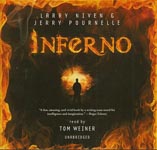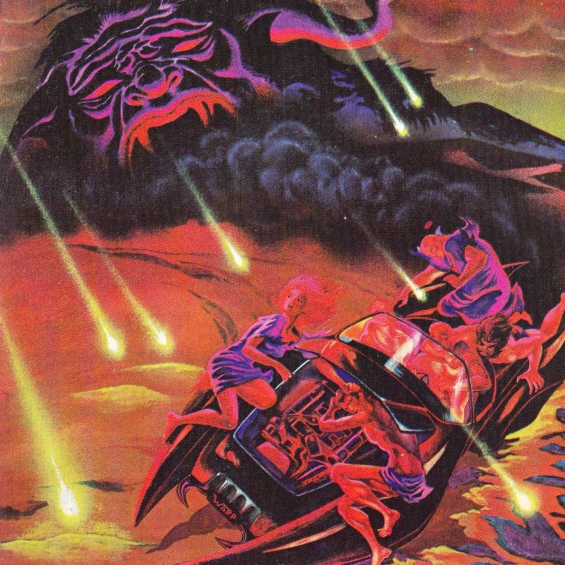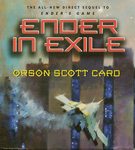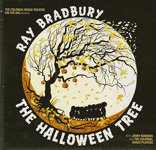
 Inferno
Inferno
By Larry Niven and Jerry Pournelle; Read by Tom Weiner
5 CDs – 5.5 Hours [UNABRIDGED]
Publisher: Blackstone Audio
Published: 2008
ISBN: 9781433259050
Themes: / Science Fiction / Fantasy / Bangsian Fantasy / Religion / Literature / Evil /
After being thrown out the window of his luxury apartment, science fiction writer Allen Carpentier wakes to find himself at the gates of hell. Feeling he’s landed in a great opportunity for a book, he attempts to follow Dante’s road map. Determined to meet Satan himself, Carpentier treks through the Nine Layers of Hell, led by Benito Mussolini, and encounters countless mental and physical tortures. As he struggles to escape, he’s taken through new, puzzling, and outlandish versions of sin—recast for the present day.
I don’t like that the book’s copywriter has spoiled the revelation of Benito’s last name. I figure most people would figure it out PDQ anyway, but it’s not actually revealed until more than half way through this novel. This is a rather interesting book, I’d heard about the title a few times over the years, along with the mention that Niven/Pounelle had written it, but had never actually got my hands on a copy until this year. It’s rather fitting that it’s been re-released now with all the hubub about religion vs. atheism going on. But the timing on the re-release probably has more to do with the imminent (like now) release of the sequel, Escape From Hell.
The Allen Carpentier character is, I assume, an analogue of Niven/Pounelle, an SF writer of the Hard variety. Carpentier is one of those folks who likes all those Fantasy ghouls and goblins to be either nailed down under a microscope for proper cataloging or poofed away in puffs of neuro-psychological explanation. Basically, a guy like me. When Carpentier finds himself alive, or at least not dead, after falling from a balcony, trapped in a place that resembles Dante Alighieri’s Inferno he insists the place is an “Inferno-land”, a kind of twisted Disneyland, created by something he mentally marks down as “Big Juju” (possibly an immensely powerful alien) rather than “God.” As a book it does stand well on its own, but leaves the ultimate revelations off-pages – something the sequel is pretty much going to have to address if it’s gonna be a satisfying sequel. This book however offers an effective and nuanced rumination on the nature of evil. I found myself sympathizing with the injustices Carpentier sees perpetrated throughout “Inferno-land” – sure a lot of the residents are highly contemptible, selfish, short sighted, and maybe even evil – but is any bad act enough to garner naught but eternal torture? That “Big Juju” character has just gone too far!
Tom Weiner delivers another terrific reading, providing vocal shading and accents for each character in the novel. It’s an even handed delivery, straddling the knife edge between the comedic possibility and the main character’s skeptical POV. Allen Carpentier often talks to himself, mentally checking his sanity as his highly skeptical eyes confront the pervasive reality of a manifest hell.
A Map of HELL (from the 1976 paperbook of Inferno):

Posted by Jesse Willis



 The Accidental Time Machine
The Accidental Time Machine


